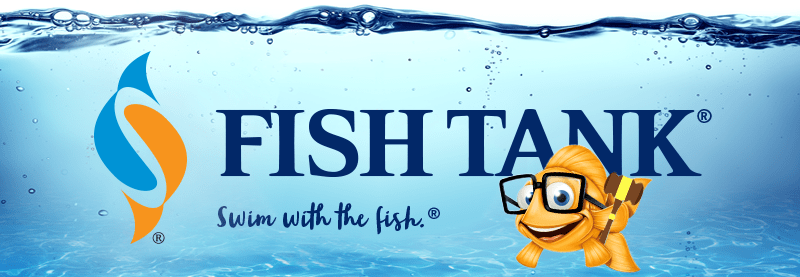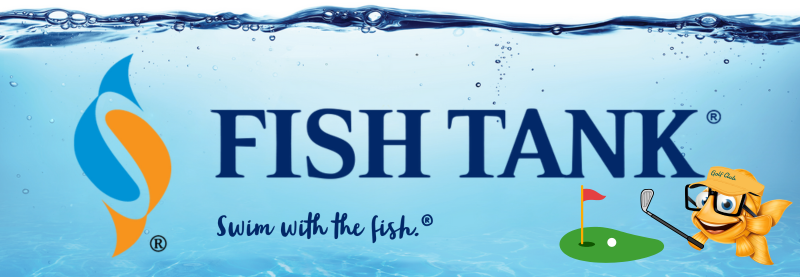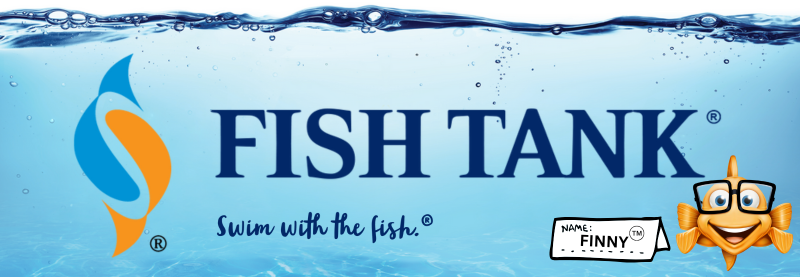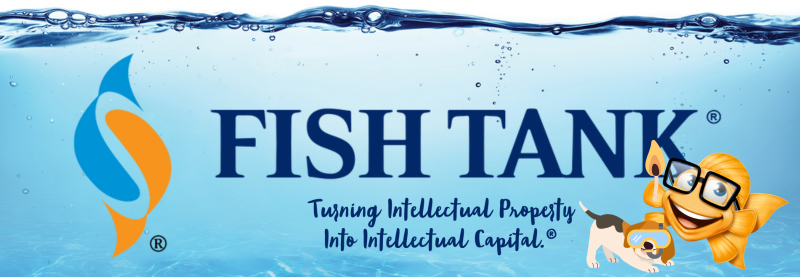Intellectual Property Insights from Fishman Stewart PLLC
Newsletter – Volume 23, Issue 25
Share on Social

TRUMP TOO SMALL, Another Trademark Prohibition to Fall?
By Michelle L. Visser
The Supreme Court heard arguments last week regarding an appeal of the Patent and Trademark Office’s refusal to register TRUMP TOO SMALL for shirts and sweat shirts filed by Steve Elster, an attorney. It is undisputed that “TRUMP” in the trademark refers to former President Donald J. Trump, who was not a party to this case.
Since its enactment in 1946, the Lanham Act (the federal trademark law) prohibits registration of certain types of trademarks, for example, under Section 2(a) of the Act, those that identify a living person that has not consented to registration, as well as those that are either scandalous, immoral, or deceptive. In recent years, the Supreme Court has agreed to consider challenges to these prohibitions on the basis they violate the trademark applicants’ First Amendment freedom of speech rights.
In 2017, the Supreme Court reversed the Trademark Office’s refusal to register the trademark THE SLANTS for entertainment services filed by Simon Tam, a member of the Asian-American music group THE SLANTS. The Trademark Office determined that the mark was a racial slur and therefore may “disparage … persons … or bring them into contempt, or disrepute.” The Supreme Court ruled that trademarks are private speech, not government speech, and the refusal to register discriminated against a particular viewpoint.
On the heels of the Tam case, in 2019, the Supreme Court found in favor of artist Eric Brunetti in his application to register the trademark FUCT for apparel. Since the trademark was the phonetic equivalent of a profane term, the Trademark Office determined that it was “scandalous or immoral.” For decades, trademarks with profanity, vulgarity, or sexually explicit graphics could not be registered. The Supreme Court determined that the refusal of Brunetti’s application also violated the First Amendment, as the government was discriminating against certain trademarks based on the content of their messages.
Now the Supreme Court is considering, once again, the same Section 2(a) of the federal trademark law as was partially struck down in the FUCT and THE SLANTS cases. With respect to TRUMP TOO SMALL, the provision prohibits registration of a trademark that identifies a particular living individual without the individual’s consent. This applies to any name, nickname, signature, image, or other designation that identifies a living person. This prohibition is intended to protect the privacy and publicity rights of the person identified in the trademark. (Incidentally, the trademark laws also prohibit registration of presidents’ names after death, without consent from his or her spouse during the spouse’s lifetime.)
The applicant argued that the refusal to register was based on the content of the trademark, and therefore violated his First Amendment freedom of speech rights. He also argued to the Trademark Office that “any nominal rights of privacy and publicity of a presidential candidate and of current and former Presidents yield to First Amendment protections of political speech.”
In last week’s arguments, the justices seemed skeptical that this part of federal trademark law supporting the refusal to register infringed the applicant’s free speech rights, for a variety of reasons. Most notably, Justice Kagan noted that TRUMP TOO SMALL was not refused registration because of the viewpoint expressed (like THE SLANTS and FUCT were), but rather, because the trademark included the name of an individual that had not consented to registration. This free speech challenge appears likely to fail.
This author will breathe a sigh of relief if consent would be required for any VISSER TOO TALL trademark applications down the road.
Michelle Visser is a very, very tall partner of Fishman Stewart, with over 25 years of experience practicing trademark law with other members of the firm’s Trademark Group.
Related Content from Fishman Stewart
In February, Nike and Skims announced that they will be working together on a new brand, NikeSkims. The co-brand will create a new line of training apparel, footwear, and accessories specifically designed to meet the unique needs of women athletes.
Generally, federal courts have exclusive jurisdiction over copyright cases, and often, this presents an insurmountable paywall for individual artists and small businesses to vindicate their rights, especially where the value of the individual copyrighted works are relatively low.
Dedicated to raising public awareness about the importance of encouraging innovation and creativity throughout the world, the World Intellectual Property Organization (WIPO) annually observes World Intellectual Property Day on April 26 to showcase the role that patents, trademarks, industrial designs, copyrights and trade secrets play in our everyday lives.
Hold onto your foam fingers, sports fans – college sports just got a whole lot more interesting! The latest updates to Name, Image, and Likeness (NIL) rules are making student-athletes bigger than ever, and it’s not just about the game anymore.
Did a federal court in Louisiana recently decide that US copyrights are global rights? It seems so.
L.A.B. Golf aims to protect its innovations, and therefore its market position, owning three patents for its zero-torque design. The question now is whether L.A.B. Golf can withstand the wave of copycat designs.
One of his most famous songs, “Lose Yourself” was recently at the center of a lawsuit. In 2019, Eminem’s publishing company Eight Mile Style sued Spotify claiming that Spotify streamed a number of its musical compositions without proper licenses.
Our latest article tackles three common trademark questions: 1. Can I trademark my own name? 2. Can I trademark the name of a fictional character? 3. Can I trademark the name of a U.S. president or British royal?
One of the most common challenges is whether AI should be free to train on data that is protected by copyright and owned by third parties without first obtaining permission.
Like the titles of single creative works, character names do not generate trademark rights unless used for a series of creative works (meaning two or more). A year ago, Jane Wick, LLC filed a trademark application for the mark JANE WICK in logo format.
IDENTIFYING, SECURING AND ADVANCING CREATIVITY®

















